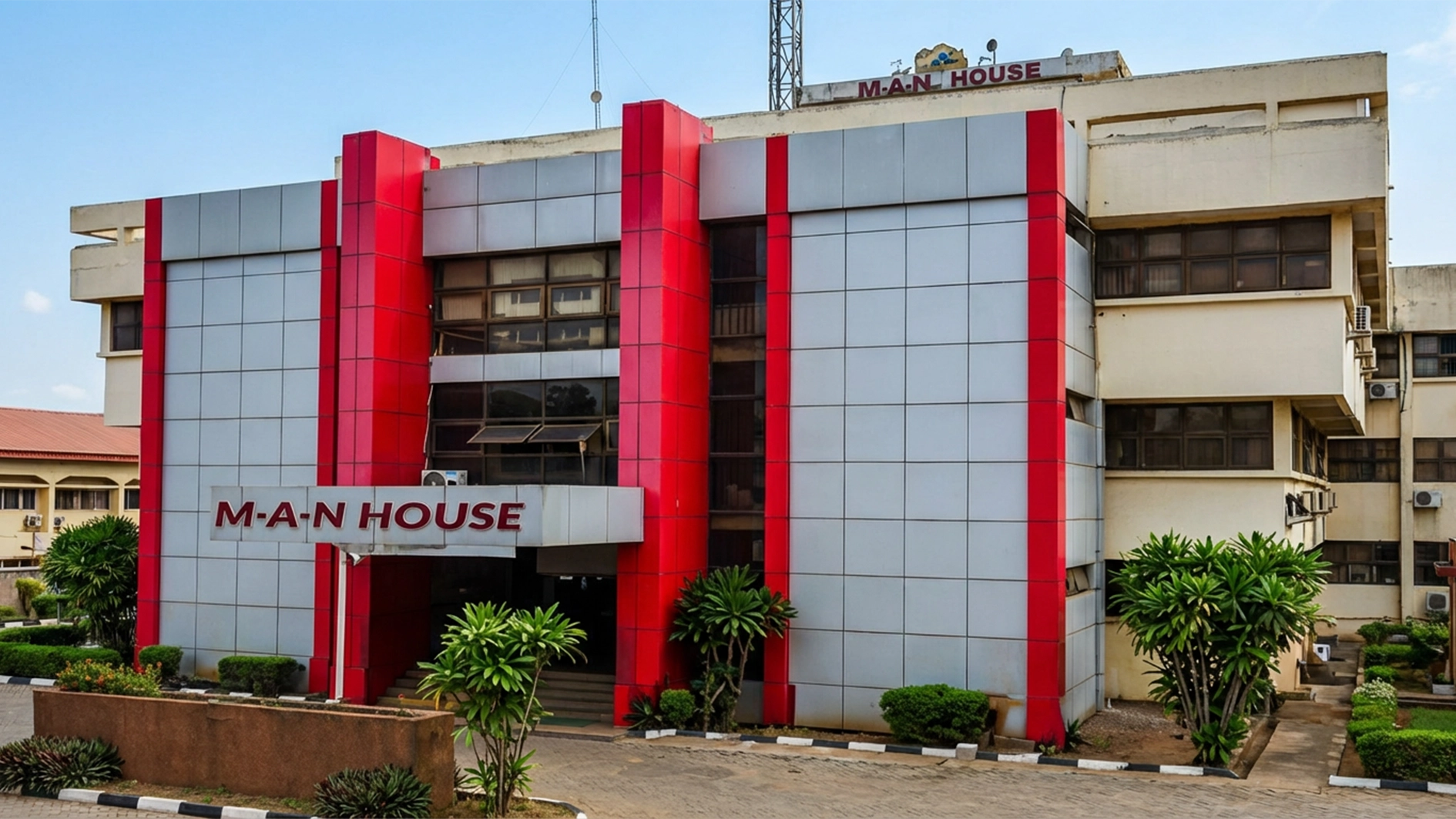The Director-General of the Manufacturers Association of Nigeria (MAN), Segun Ajayi-Kadir, has urged the federal government to privatise all the government-owned refineries to achieve efficient management.
He also hailed the operational strides of the Dangote Petroleum Refinery as a clear testament to the superiority and efficiency of private sector-driven ventures over government-run enterprises.
Speaking during an interview, he argued that the success of the $20 billion refinery proves that “government has no business being in business,” especially in sectors as capital-intensive and strategic as petroleum refining. He argued that government jobs should be restricted to providing an enabling environment for business enterprises to thrive.
“The refinery is not only supplying fuel but doing so efficiently. Manufacturers can now access diesel directly without the bottlenecks created by middlemen who, in the past, exploited the supply chain for profit,” he noted.
He maintained that the ability of the Dangote Group to deliver refined petroleum products locally despite systemic challenges is a pointer to what is possible when private enterprises are allowed to thrive without bureaucratic encumbrances.
“Government should stick to regulation, policy direction and enabling the environment. Running refineries or other businesses has never worked well for us,” Ajayi-Kadir noted, citing the failure of Nigeria’s four state-owned refineries.
He further advised that the government should consider divesting from its interest in the Port Harcourt, Warri and Kaduna refineries, allowing the private sector to take over their operations fully.
“Let us take a cue from what is working. The private sector is showing us the way,” he added.
On the implications for the manufacturing sector, Ajayi-Kadir said the direct supply of fuel from Dangote has helped firms to cut costs significantly.
“We are now able to plan better because the uncertainty around sourcing fuel has drastically reduced,” he said, pointing to improved logistics and production scheduling as downstream benefits.
Speaking on the broader impact of subsidy removal, he acknowledged that while the policy was necessary, it came with severe pain for producers.
“Energy costs skyrocketed, and manufacturers had to bear the brunt. However, with the intervention of the private sector, particularly the Dangote Refinery, we are beginning to see signs of relief,” he stated.
He said energy costs account for over 40 per cent of manufacturing operations and that any improvement in supply, particularly through local production of diesel and compressed natural gas, would lower production costs and revive small businesses.
“The government should incentivise serious investors and step back from operating businesses. The cost of maintaining inefficient state-owned refineries is unfair to Nigerians,” he said.






